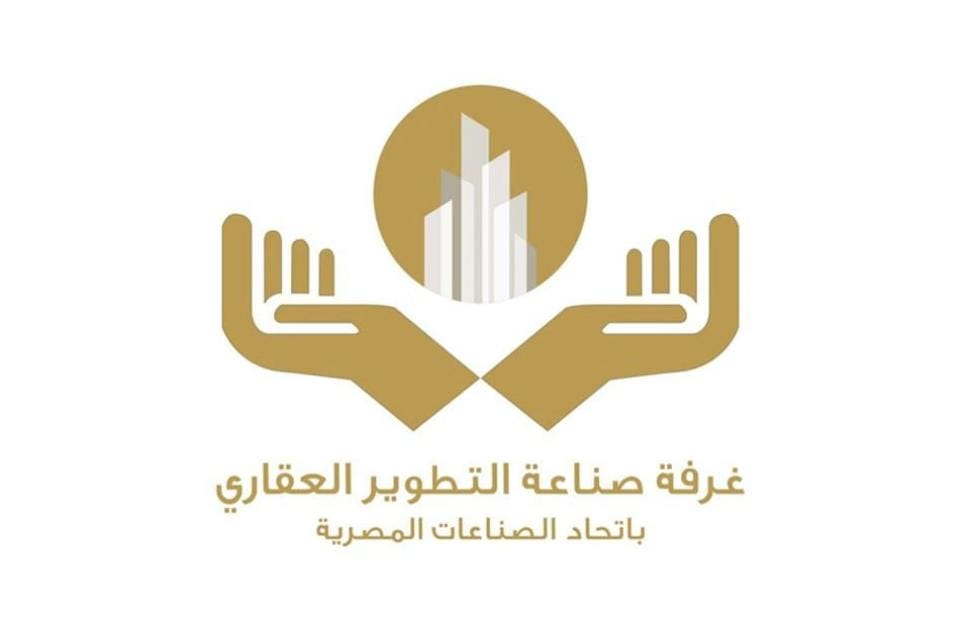
The Ministry of Housing also recently agreed to fix the interest rate on land installments at 15%
Chamber of the Real Estate Development discusses proposals to make land available to all categories of developers

The Real Estate Development Chamber reviews efforts that have contributed to increasing its membership from 70,000 to 14,000 and discusses proposals to make land available to all categories of developers.
The Real Estate Development Chamber, affiliated with the Federation of Egyptian Industries, continues to develop mechanisms and proposals that contribute to regulating the real estate market, promoting investment, and protecting small and medium-sized enterprises (SMEs), particularly amid the multiple economic challenges facing the real estate sector, ensuring the preservation of industry and employment.
The official body
Since its establishment by Resolution No. 73 of 2015, the Real Estate Development Chamber has become the official body representing real estate developers and the only entity authorized to issue a license to practice the activity pursuant to the law. The Chamber initially had 70 members. After the Chamber contacted the relevant authorities to implement Law No. 75 of 2017, which came into effect in 2019, members were classified as permanent members (small, medium, and large companies), companies incorporated through the Investment Authority, and those incorporated through the Chamber that have not completed their paperwork.
The current number of permanent members and companies under establishment exceeds 14,000. The Real Estate Development Chamber is keen to ensure the seriousness of its members and sets strict criteria for accepting companies into its membership.

Over the past four years, the Real Estate Development Chamber has played a role in resolving numerous issues facing real estate companies. There have been ongoing meetings with the Cabinet and the Ministry of Housing. There has always been fruitful cooperation between the Chamber and the relevant authorities. The Prime Minister and the Minister of Housing fully recognize the Chamber's efforts to propose any solutions and the need to impose pre-emptive measures to resolve sector problems.
The relevant government agencies responded to a number of the Chamber's demands and proposals to support the real estate sector in 2023. Among the demands submitted by the Chamber and approved by the relevant authorities were:
- Granting real estate developers a 10% interest rate on installments for two years, instead of the interest rate announced by the Central Bank.
- Extending the timeframe for implementing real estate projects by 20% of the total original project implementation period.
- Reducing the percentage required for project completion to 85% instead of 90%.
- Increasing the built-up area ratio in projects by approximately 10% and allowing the service component ratio in integrated urban projects to range between 5% and 15%.
- Allowing foreigners to own more than two properties and pay in hard currency, provided they disclose a source of payment in foreign currency.
- Reducing the fees applied to decisions to add a new floor to a property after the engineering plan is approved by approximately 50%.

Fixing the interest rate on land installments
- The Ministry of Housing also recently agreed to fix the interest rate on land installments at 15% for another year. The Chamber played an effective role in the approval of the Board of Directors of the New Urban Communities Authority to grant a six-month grace period, with specific controls, to companies and entities allocated plots of land to establish investment projects. The Chamber of Real Estate Development had submitted a memorandum to the Authority requesting this grace period.
The Chamber's demands, which were approved by the relevant authorities, contributed to saving the real estate sector, preserving investment volume, and protecting small and medium-sized enterprises.
Eng. Tarek Shukry, Chairman of the Board of Directors of the Chamber of Real Estate Development and Secretary of the Advisory Committee for Urban Development at the Cabinet, emphasized that the Chamber is adopting a strategy to boost the real estate sector, which is currently based on several objectives, including "real estate export" and "regulating the market and filtering out non-serious companies."

He revealed that the Chamber of Real Estate Development is currently discussing mechanisms to make available land plots of various sizes, suitable for all categories of developers, from small, medium, and large companies. He added that proposals are currently being studied to achieve important goals towards the real estate export strategy and attract hard currency, including facilitating procedures for foreign clients to obtain residency and citizenship in exchange for purchasing real estate.





-1120252475029447.jpg)














